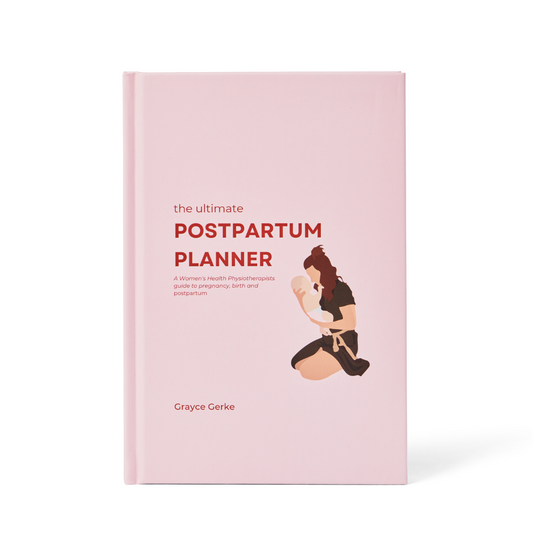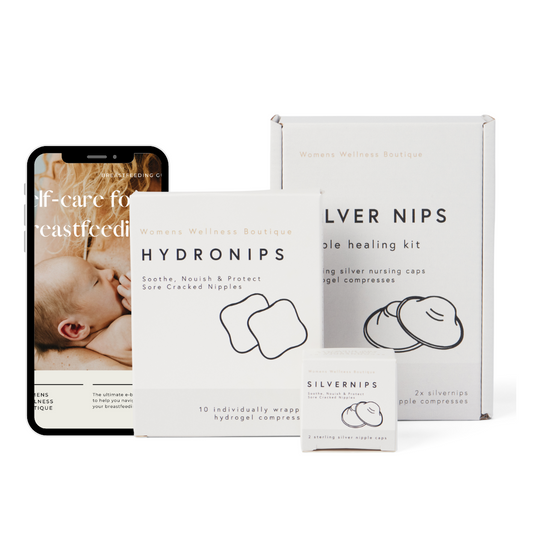Antenatal expressing simply refers to expressing some of your colostrum whilst you are still pregnant. You can freeze it and feed it to your newborn baby if you want to or need to.
Let’s start with explaining what colostrum is
This is the first type of milk made from your breasts, usually starting to be produced during your third trimester. Colostrum is high in protein, sodium, and immunoglobulins, and low in lactose and fat. This provides your newborn with the perfect fluid to support their immune system, growth, and development.
Does everyone need to antenatally express?
Not at all! It is an individual decision. If you start to breastfeed immediately after birth, your baby will receive colostrum directly from your breast for the first few days anyway.
Who can antenatal expressing be helpful for?
- Mothers who have diabetes. A newborn often needs additional fluids to prevent low blood sugar levels following birth.
- Babies with known abnormalities that may impact feeding.
- Mothers who have a planned early delivery.
- Mother who have pre-existing reasons for potential milk supply issues; previous low milk supply, lack of breast growth/glandular tissue, polycystic ovarian syndrome, previous breast surgery.
What if I can’t express any colostrum?
Some women will only be able to express very small amounts of colostrum, and others won’t be able to produce any at all. The amount of colostrum you produce antenatally has no correlation to your potential milk supply following the birth of your baby.
Is it safe for everyone to express antenatally?
If you have a low-risk pregnancy, then is has been shown to be safe to express from 36 weeks. Every individual’s situation is different so its important to discuss this with your midwife or obstetrician before expressing, to ensure they deem it to be safe.
Who should not antenatally express?
There are certain situations whereby it would not be recommended to antenatally express such as;
- If you have a history of preterm labour.
- You are at risk of preterm labour.
- You have a history of bleeding during pregnancy.
- You have placenta previa.
- Your doctor, midwife, or obstetrician has advised against antenatally expressing.
How do I express and store colostrum?
The most effective way to express colostrum is by hand-expressing. Colostrum is thick and can be collected in a small syringe.
1. Wash your hands, and warm your breast with a wet washcloth or a warm shower.
2. Gently massage and compress your breast, and you should start to see some very small drops of colostrum. Be sure to rotate your fingers around your breast so all areas are stimulated.
3. It can take time and practice before you get drops so don’t be disheartened if you don’t get anything the first few attempts.
4. Collect the drops into a clean syringe.
5. Express for 2-3 minutes on one breast and then swap to the other breast.
6. Express each breast twice during a ‘session’.
7. You can express 2-3 times each day.
8. You can use the same syringe for the whole day, if it is stored in the fridge between expressing sessions.
9. Put the syringe in a zip lock bag at the end of the day, label it with the date and store in the freezer.
10. Frozen colostrum can be stored for up to 3 months in the freezer.
Written by Kylie Jesse - Nurture Lactation (IBCLC)





